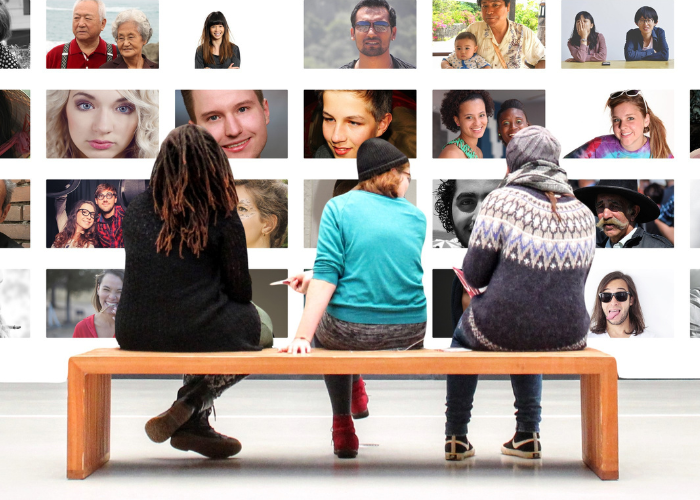Insurtech and the Future of Insurance Inclusiveness

The value of inclusivity was a recurring theme at ITC Vegas, as the insurance sector turns the power of technology towards enabling fairer outcomes for colleagues and customers.
Embracing transformative technology and moving towards a more inclusive future are closely interwoven processes, speakers told ITC Vegas.
Technologies such as machine learning and artificial intelligence (AI) are still in their infancy but being harnessed as tools of diversity, equity and inclusion (DEI).
“Inclusion becomes a key factor because you need to have the broadest representation into everything from algorithms to designing tools, and how we empower associates to think ‘consumer first’,” said Rajeev Ronanki, Senior Vice President, Elevance Health.
“A lack of perspective, a lack of completeness of data, or a lack of framing the problem more perfectly would result in design flaws in what we bring to consumers, that is something we simply cannot afford to happen,” he added.
The industry is still learning about machine learning, King stressed. While AI is neither a force for good or bad, its outputs benefit from diversity in the hypotheses, the data and the people providing the inputs, he noted.
“You have to watch the outcomes and adjust. You don’t install AI and walk away; it’s something you have to constantly monitor. It’s still in its infancy, especially in the insurance industry,” King added.
Risk selection for whole underwriting segments is founded on bias.
“I think our expectation that we have great data for everything leads us to create more bias for people who are under-served,” warned Kate Terry, chief operating officer and co-founder, Surround Insurance.
Credit scores for home or auto insurance are linked to high risk zip codes that entrench the protection gap, agreed Sabine VanderLinden, CEO and co-founder, Alchemy Crew.
“We need to make mistakes to remove mistakes, and will take some time to potentially get it right. We need to accept that there may be biases and discrimination in products and services until we can get them right,” she said.
Biases are ingrained into historical data sources, and unfortunately, machine learning can require decades of data to be effective, according to Grace Ata, associate vice president, product development, Equisoft.
“Many prejudices are starting to be addressed, but we won’t see the impact for another 20 years unless we decide to move that forward earlier. A lot of insurance companies are becoming more aware of biases in data but they don’t know exactly what to do yet,” Ata said.
For insurance to close the protection gap, giving everybody in society fair access to insurance, the industry should address biases inside its business model, she underlined.
“You start seeing the impact on a specific race, gender or sexual orientation and it shouldn’t be that way,” she said. “Some of the wordings today in general insurance and in life insurance are just not cutting it.”
Cultural change starts from the top and with leadership open to diversity, Ata emphasised.
“I wanted to be part of a company with female leaders and people of colour on the executive team. It makes you feel comfortable to share your ideas,” she said.
Debbie Wilson, COO, North America, INSTANDA, shared her enthusiasm.
“The secret sauce is making sure that you’ve got a diverse group that are they’re coming together with different backgrounds and different perspectives. We welcome those inputs, and that flows through to our clients,” she said.
Mitigating any bias starts with your own attitudes and choices, Ata pointed out.
“Recognising little changes will translate into how you manage data and into awareness,” Ata said. “Unless you’re willing to be uncomfortable, you’re not going to change data bias or any kind of bias.”
Marty Young, CEO, Buckle, drew a parallel between his previous career in the military and the gig economy, a focus for his insurtech business today.
Both are diverse communities with many people who start out seen by financial services as ‘subprime’, he said. He continued by emphasising the value of building teams to reflect that diversity across boundaries such as gender and ethnicity.
“These are the people who made America great. They’re the immigrants, they’re the guys and girls who started with nothing, started building something, and we want to help them. If you find people who know how to deal with adversity, you’ll have diversity,” Young added.
)
)
)